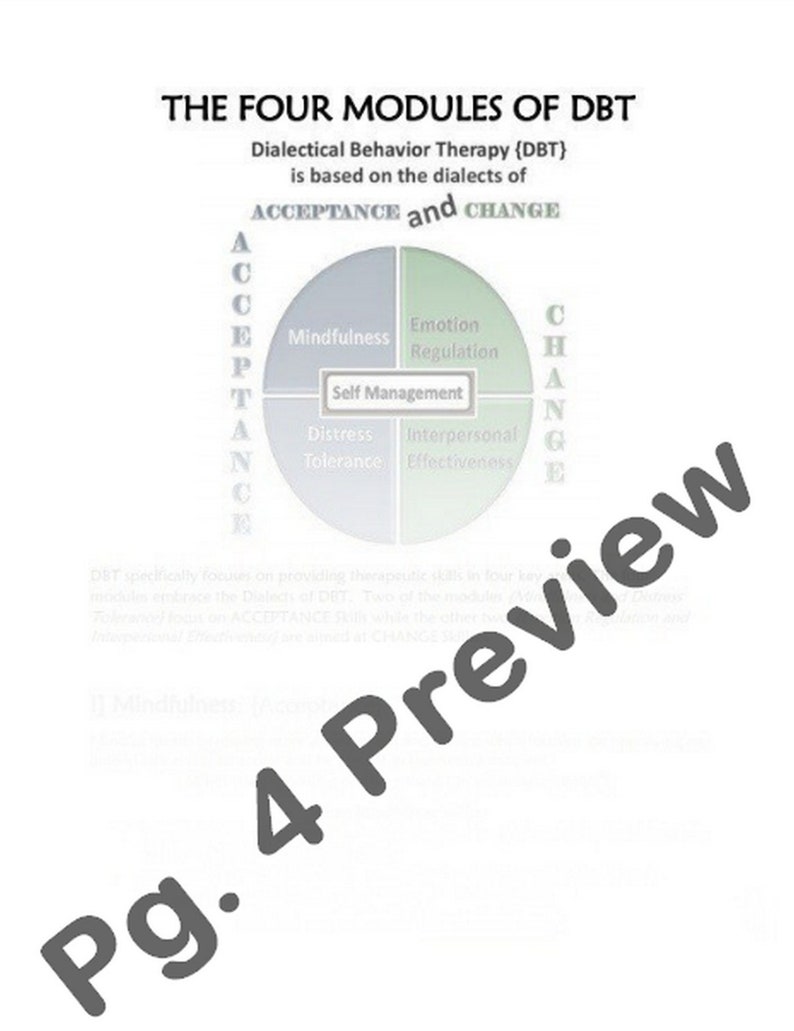

In times of crisis, you might use certain coping strategies to help you deal with your emotions. That’s where distress tolerance comes in.ĭistress tolerance skills help you get through rough patches without turning to potentially destructive coping techniques.

Mindfulness can go a long way, but it isn’t always enough, especially in moments of crisis. overcoming things that make mindfulness difficult, such as sleepiness, restlessness, and doubt.using radical acceptance to learn to tolerate aspects of yourself (as long as they aren’t hurting you or others).balancing rational thoughts with emotions.
#Core components of a dialectic how to#
“How” skills teach you how to be more mindful by: separating emotions and sensations from thoughts.your emotions, thoughts, and sensations.“What” skills teach you what you’re focusing on, which might be: In the context of DBT, mindfulness is broken down into “what” skills and “how” skills. This can help you learn to notice and accept your thoughts and feelings without judgement. Mindfulness is about being aware of and accepting what’s happening in the present moment. Emotion regulation and interpersonal effectiveness skills help you work toward changing your thoughts and behaviors. Mindfulness and distress tolerance skills help you work toward acceptance of your thoughts and behaviors. Linehan refers to these four skills as the “active ingredients” of DBT. With DBT, you’ll learn to use four core skills, sometimes called modules, to cope with emotional distress in positive, productive ways.


 0 kommentar(er)
0 kommentar(er)
